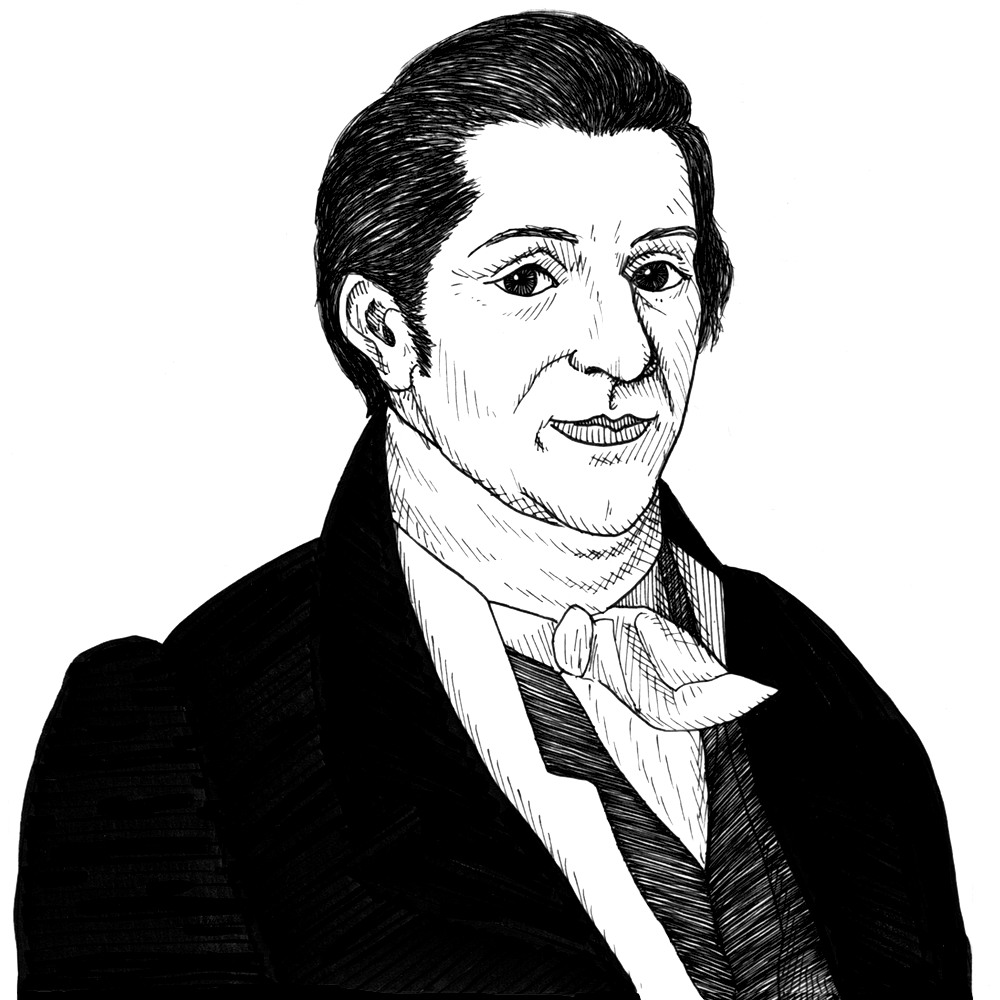
Say on a person’s property right in their own “industrious faculties” (1819)
Found in: A Treatise on Political Economy
In the chapter “On the Right of Property” in his Treatise (1803, 1819) the French economist Jean-Baptiste Say (1767-1832) argues that property is not limited to ownership of “things” but also includes an individual’s “talents and faculties”:
Property Rights
The property a man has in his own industry, is violated, whenever he is forbidden the free exercise of his faculties and talents, except insomuch as they would interfere with the rights of third parties….
The industrious faculties are, of all kinds of property, the least questionable; being derived directly either from nature, or from personal assiduity. The property in them is of higher pretensions than that of the land, which may generally be traced up to an act of spoliation; for it is hardly possible to show an instance, in which its ownership has been legitimately transmitted from the first occupancy. It ranks higher than the right of the capitalist also; for even taking it for granted, that this latter has been acquired without any spoliation whatever, and by the gradual accumulations of ages, yet the succession to it could not have been established without the aid of legislation, which aid may have been granted on conditions. Yet, sacred as the property in the faculties of industry is, it is constantly infringed upon, not only in the flagrant abuse of personal slavery, but in many other points of more frequent occurrence.